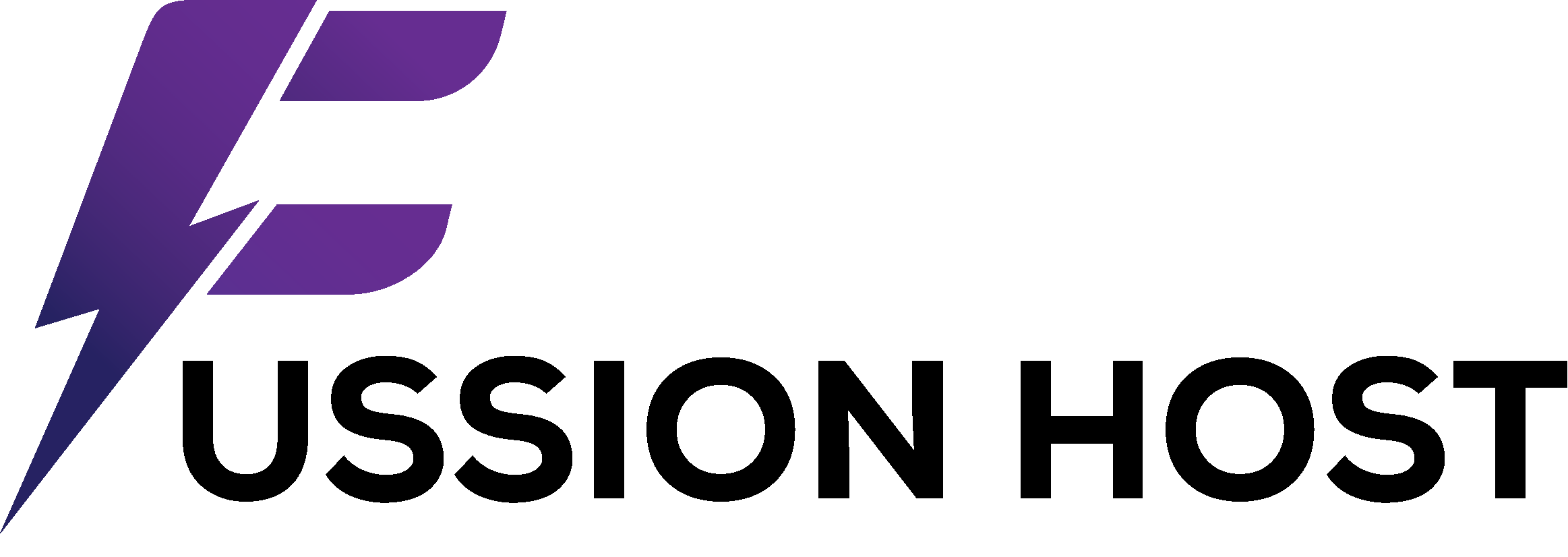Virtual Private Servers (VPS) offer immense flexibility and power, making them a popular choice for diverse online operations. Unfortunately, this same flexibility can attract malicious actors. VPS misuse, ranging from hosting phishing sites and distributing malware to launching spam campaigns and engaging in Denial-of-Service (DoS) attacks, poses significant threats to hosting providers and their legitimate clients. Detecting and mitigating these activities quickly is paramount for maintaining network integrity, preventing blacklistings, and preserving a provider’s reputation. In 2025 AI has emerged as an indispensable tool in this ongoing battle, fundamentally transforming how VPS misuse and fraud are identified and combated.
Traditional fraud detection methods often rely on predefined rules or manual investigations. Which are slow, prone to error, and easily bypassed by sophisticated fraudsters. AI, leveraging advanced machine learning algorithms, offers a dynamic, scalable, and highly accurate approach to identifying suspicious behaviors and fraudulent activities on VPS platforms.
1. Real-time Anomaly Detection and Behavioral Analysis
AI excels at establishing a “normal” baseline for VPS usage. It continuously monitors various metrics and user behaviors, looking for deviations that signal potential misuse.
- Traffic Patterns: AI analyzes network traffic patterns from each VPS. It can detect sudden, unusual spikes in outbound traffic, unexpected port usage, or communication with known malicious IPs. Such patterns often indicate a DDoS attack launch, botnet activity, or data exfiltration.
- Resource Consumption: AI monitors CPU, RAM, and disk I/O. For instance, a VPS suddenly showing maximum CPU usage around the clock might be mining cryptocurrency or performing brute-force attacks, deviating from its historical normal usage.
- File System Changes: AI can track unusual file creations, modifications, or deletions. This helps in detecting malware deployment, unauthorized script injections, or the installation of illicit software.
- Login Patterns: AI learns typical login times, locations, and frequencies for each user. It flags suspicious anomalies like simultaneous logins from different geographical locations, multiple failed login attempts from a new IP, or access during unusual hours. These are strong indicators of a compromised account or brute-force attempts.
2. Proactive Spam and Phishing Detection
Spam and phishing are rampant forms of VPS misuse. AI offers highly effective, real-time detection capabilities.
- Email Traffic Analysis: AI algorithms analyze outgoing email patterns, including sender reputation, volume, content keywords, and link structures. They can identify mass mailing campaigns, unusual sending frequencies, or emails containing phishing indicators.
- Content and URL Scanning: AI-powered tools can scan website content and newly created URLs on a VPS for characteristics of phishing pages, malware distribution sites, or illicit content. They can quickly compare new pages against known phishing templates or identify suspicious code patterns.
- DNS Behavior: AI monitors DNS queries originating from a VPS. It can detect rapid flux changes in DNS records (Fast Flux), suspicious domain generation algorithms (DGAs), or queries to blacklisted domains, often associated with botnet command-and-control servers.
3. Account Compromise and Malicious Activity Identification
AI strengthens defenses against accounts being hijacked or used for nefarious purposes.
- Account Takeover Prevention: By analyzing behavioral biometrics (typing patterns, mouse movements) or unusual access patterns (different device, new browser fingerprint), AI can flag potential account takeovers even if the correct credentials are used.
- Abuse Report Triaging: Hosting providers receive numerous abuse reports. AI can automatically categorize, prioritize, and even partially verify these reports by cross-referencing them with internal monitoring data. This significantly speeds up response times.
- Malware and Virus Detection: AI-driven endpoint detection and response (EDR) solutions on the VPS can identify polymorphic malware that evades signature-based antivirus by analyzing their behavior and execution patterns.
4. IP Reputation and Blacklist Management
AI tools actively manage and maintain IP reputation, a critical aspect for hosting providers.
- Dynamic Blacklisting: AI systems continuously monitor global threat intelligence feeds and automatically add new malicious IPs to internal blacklists. They also contribute to external blacklists by reporting confirmed abusive IPs.
- Whitelisting Optimization: For legitimate large-scale mailers or specific applications, AI can help in dynamic whitelisting based on verifiable good behavior, reducing false positives for trusted clients.
- IP Reputation Scoring: AI can assign a reputation score to each VPS IP address based on its historical behavior, associated domains, and detected anomalies. This helps in quickly identifying high-risk IPs for closer scrutiny or immediate action.
5. Automated Response and Mitigation
Beyond detection, AI can orchestrate automated responses to mitigate threats immediately.
- Automated Suspension/Isolation: For severe, unambiguous misuse (e.g., confirmed phishing site, ongoing DDoS attack), AI systems can automatically suspend the offending VPS or isolate it from the network. This contains the damage quickly.
- Resource Throttling: If a VPS is exhibiting signs of being compromised or participating in a low-level attack, AI can dynamically throttle its network resources to minimize impact without full suspension.
- Alert Prioritization and Enrichment: AI filters the noise, sending only high-priority, actionable alerts to human administrators. It enriches these alerts with relevant contextual data (e.g., historical behavior, affected services, recommended actions), enabling faster and more informed decisions.
- Incident Playbook Automation: For recurring issues, AI can trigger pre-defined incident response playbooks, automating a series of diagnostic and remedial steps.
Conclusion: A Smarter Shield Against Misuse
The scale and sophistication of VPS misuse and fraud continue to grow. Relying solely on manual processes or static rules is no longer sufficient. AI is revolutionizing fraud detection by offering real-time, adaptive, and predictive capabilities. By integrating AI tools, hosting providers can establish a more intelligent, resilient defense system. This leads to reduced financial losses, enhanced network integrity, improved customer trust, and ultimately, a more secure and reputable hosting environment for everyone. The future of VPS security is undeniably powered by artificial intelligence.

